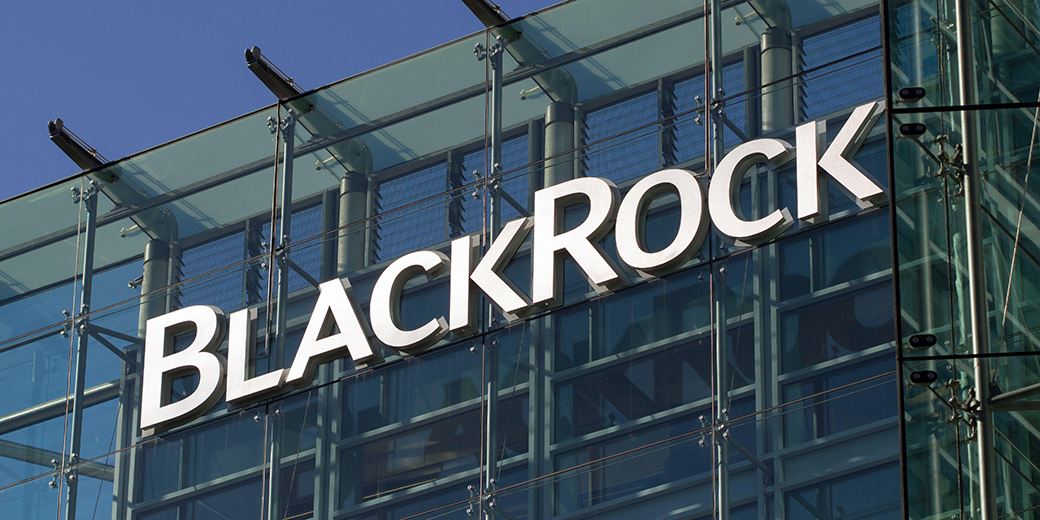BlackRock’s BUIDL Fund Reaches $1 Billion
14.03.2025 21:00 1 min. read Alexander Zdravkov
BlackRock’s USD Institutional Digital Liquidity Fund (BUIDL) has surpassed $1 billion in tokenized assets as of March 2025.
This milestone follows a recent surge in liquidity, with over $206 million in new tokens minted on March 13.
Despite a downtrend in the broader crypto market, BUIDL has seen impressive growth, up 56% in the last month, driven by institutional interest in tokenized real-world assets (RWAs).
The fund, launched in March 2024, primarily invests in U.S. Treasury debt and USD bank deposits, offering an annual yield of 4.5%.
It operates with fees between 0.20% and 0.50%, targeting U.S. qualified purchasers. BUIDL’s holder base grew nearly 20% last month, and its monthly transfer volume exceeded $269 million.
Ethereum remains the dominant blockchain for the fund, although it also utilizes Avalanche, Aptos, Polygon, Optimism, and Arbitrum.
As tokenization of RWAs continues to grow globally, BlackRock’s success with BUIDL highlights the rising institutional adoption of blockchain for traditional assets, signaling a shift towards more efficient liquidity and yield management through digital assets.
-
1
Polygon Breaks from Decentralization as Sandeep Nailwal Assumes Full Control
11.06.2025 20:00 2 min. read -
2
KuCoin Plants Its Flag in Bangkok With a Licensed Thai Exchange
14.06.2025 13:00 1 min. read -
3
Nvidia CEO Urges UK to Invest in AI Infrastructure or Risk Falling Behind
10.06.2025 9:00 1 min. read -
4
Why Gold Could Be the Smart Play Amidst US Debt Surge
11.06.2025 11:00 1 min. read -
5
Warren Buffett Narrows His Bets as He Prepares to Step Down
14.06.2025 16:00 2 min. read
What Brian Armstrong’s New Stats Reveal About Institutional Crypto Growth
Coinbase CEO Brian Armstrong has spotlighted a significant acceleration in institutional crypto adoption, driven largely by the surging popularity of exchange-traded funds and increased use of Coinbase Prime among major corporations.
What Will Happen With the Stock Market if Trump Reshapes the Fed?
Jefferies chief market strategist David Zervos believes an upcoming power shift at the Federal Reserve could benefit U.S. equity markets.
U.S. Bank Advises Clients to Drop These Cryptocurrencies
Anchorage Digital, a federally chartered crypto custody bank, is urging its institutional clients to move away from major stablecoins like USDC, Agora USD (AUSD), and Usual USD (USD0), recommending instead a shift to the Global Dollar (USDG) — a stablecoin issued by Paxos and backed by a consortium that includes Anchorage itself.
Vitalik Buterin Warns Digital ID Projects Could End Pseudonymity
Ethereum co-founder Vitalik Buterin has voiced concerns over the rise of zero-knowledge (ZK) digital identity projects, specifically warning that systems like World — formerly Worldcoin and backed by OpenAI’s Sam Altman — could undermine pseudonymity in the digital world.
-
1
Polygon Breaks from Decentralization as Sandeep Nailwal Assumes Full Control
11.06.2025 20:00 2 min. read -
2
KuCoin Plants Its Flag in Bangkok With a Licensed Thai Exchange
14.06.2025 13:00 1 min. read -
3
Nvidia CEO Urges UK to Invest in AI Infrastructure or Risk Falling Behind
10.06.2025 9:00 1 min. read -
4
Why Gold Could Be the Smart Play Amidst US Debt Surge
11.06.2025 11:00 1 min. read -
5
Warren Buffett Narrows His Bets as He Prepares to Step Down
14.06.2025 16:00 2 min. read


